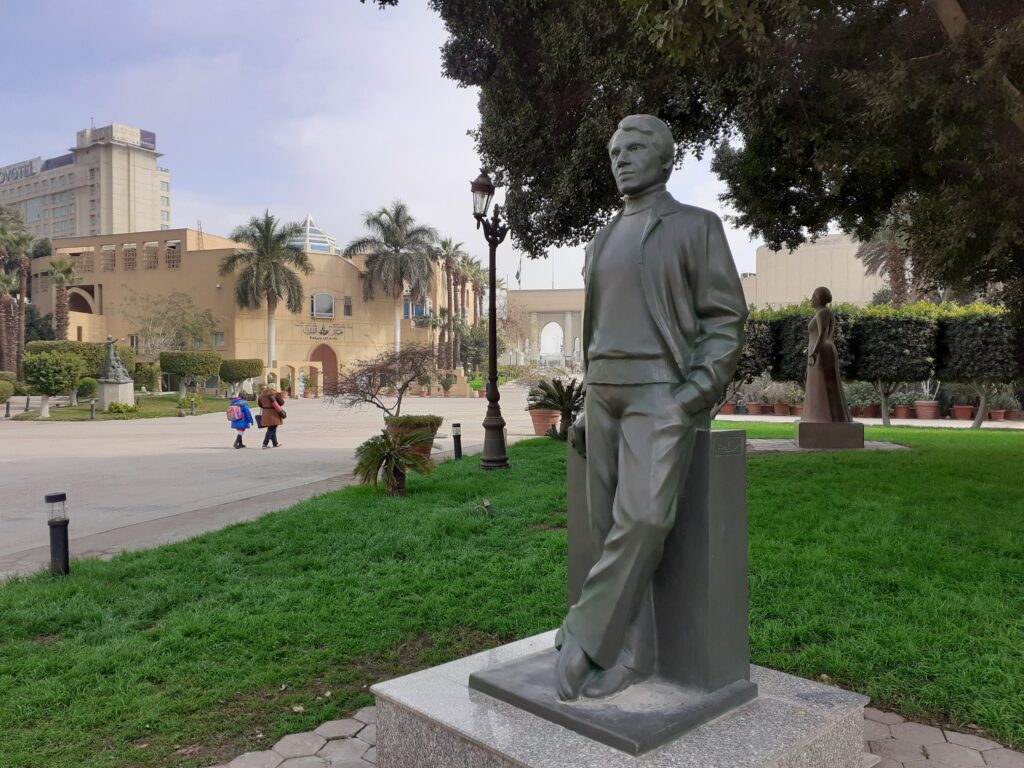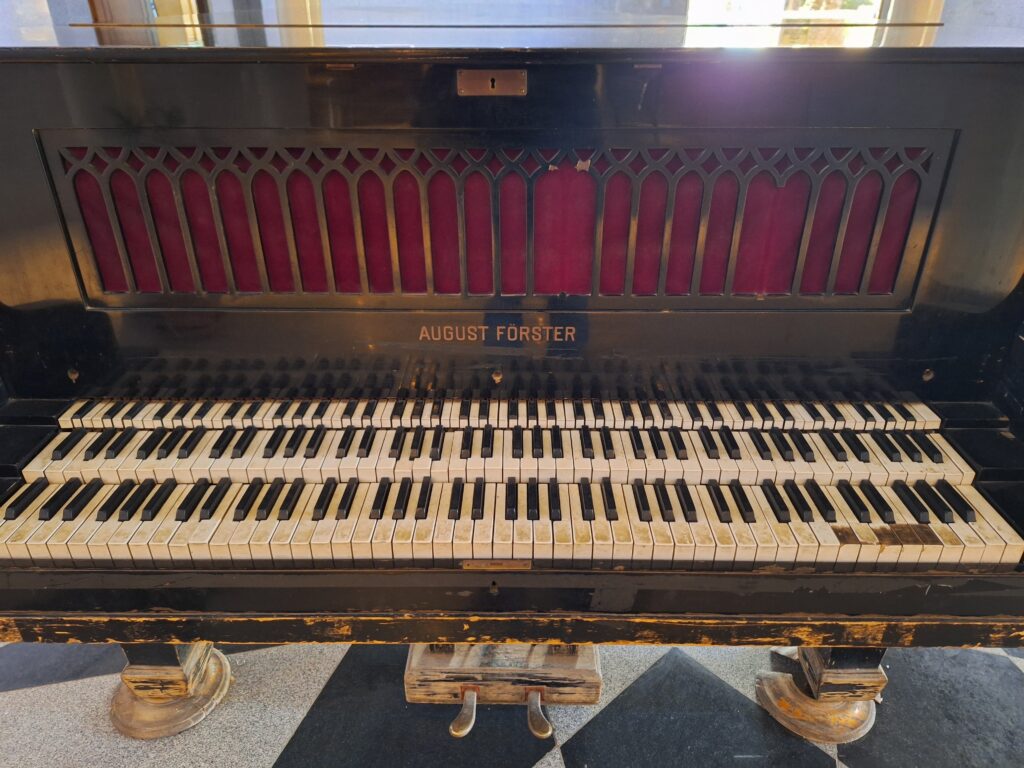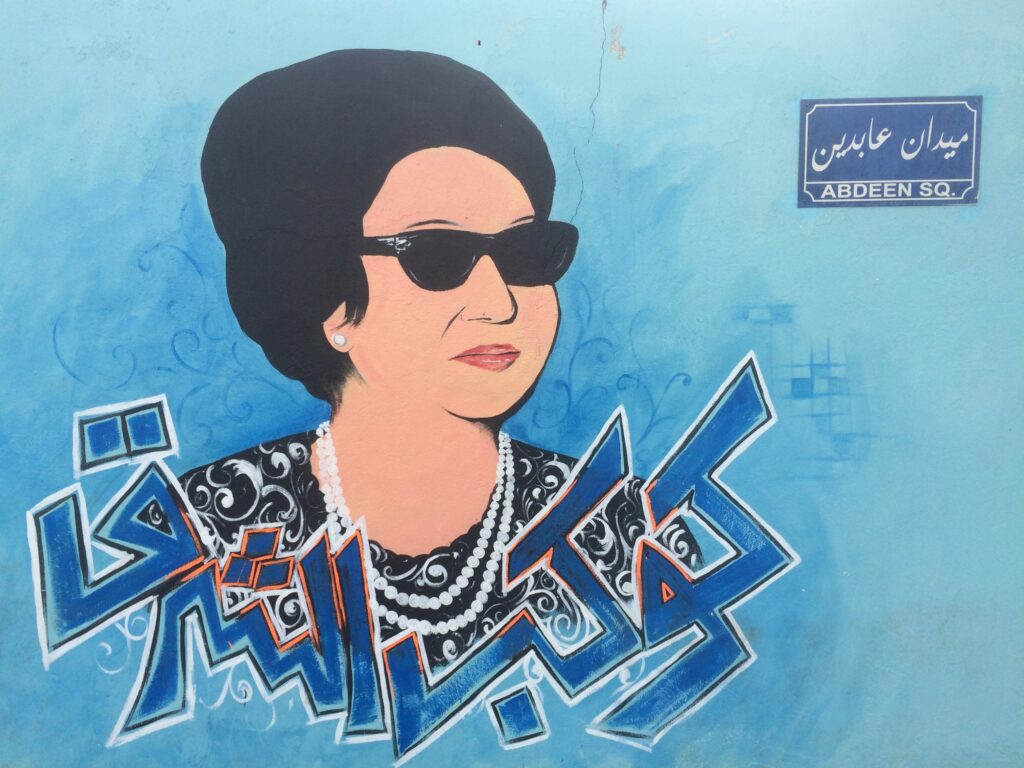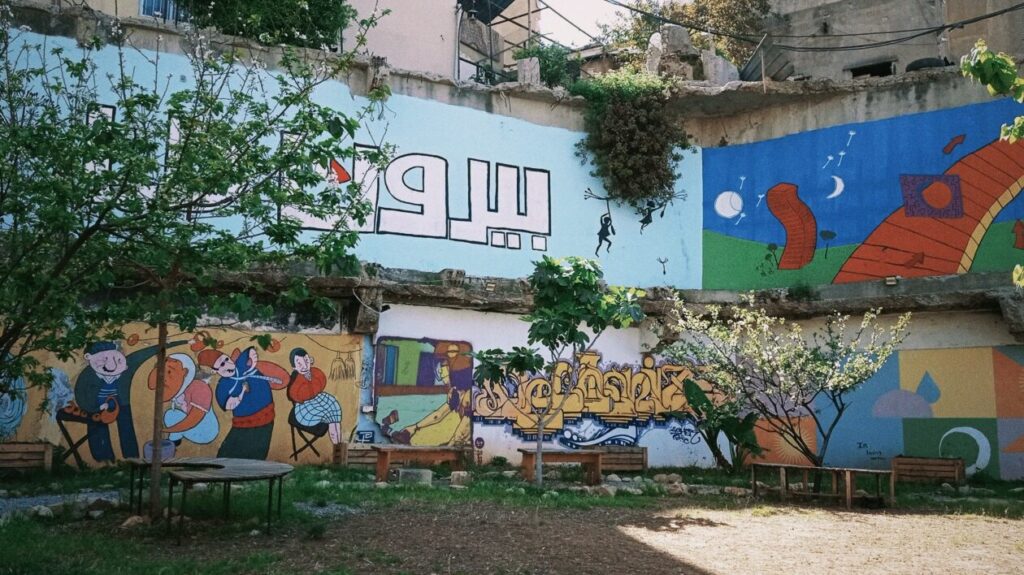Project overview
Beyond 1932
The Cairo Congress of Arab Music in 1932 brought together musicians and musicologists from across the post-Ottoman world and involved the participation of eminent Western composers, orientalists and musicologists. Its underlying aim to was to share ‘best practice’ in performance, pedagogy and research, to unify and connect.
Its effects could be said, however, to have been more or less the opposite. In its wake, modern national traditions and performance practices fragmented. Western ethnomusicologists and their Middle Eastern counterparts never joined forces collectively again. Scholarship and popular practice went in opposite directions, and never convincingly reconnected. The 1932 Congress continues to be understood as an event marking the end of MENA musical tradition and the beginning of a deeply compromised modernity.
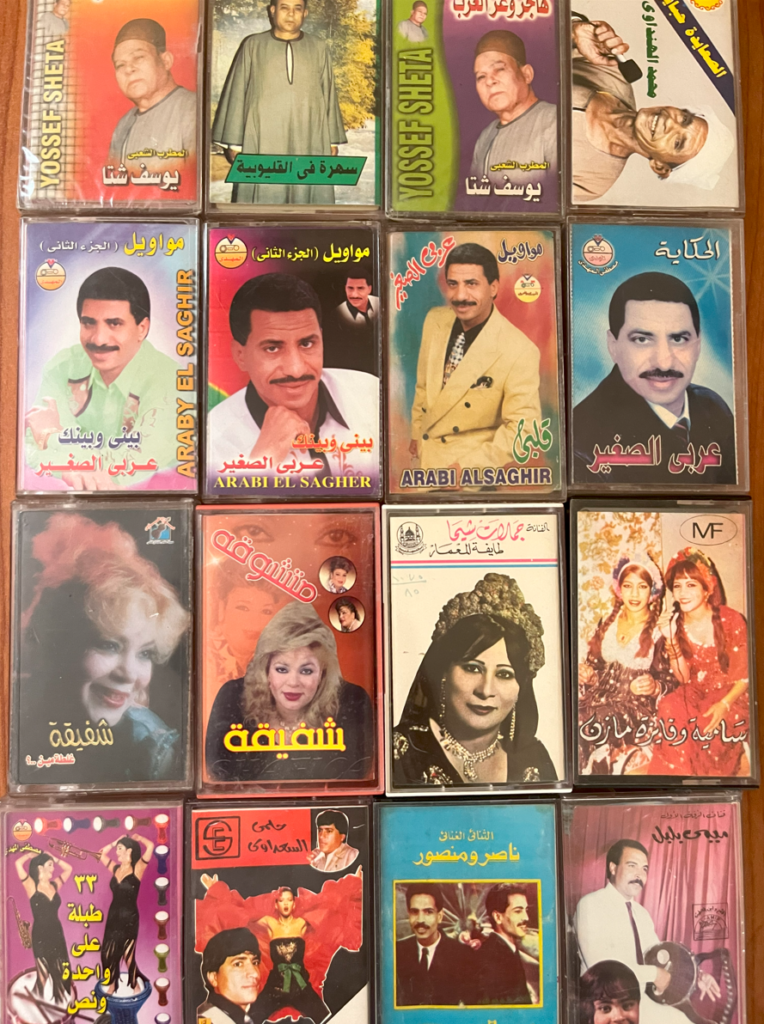
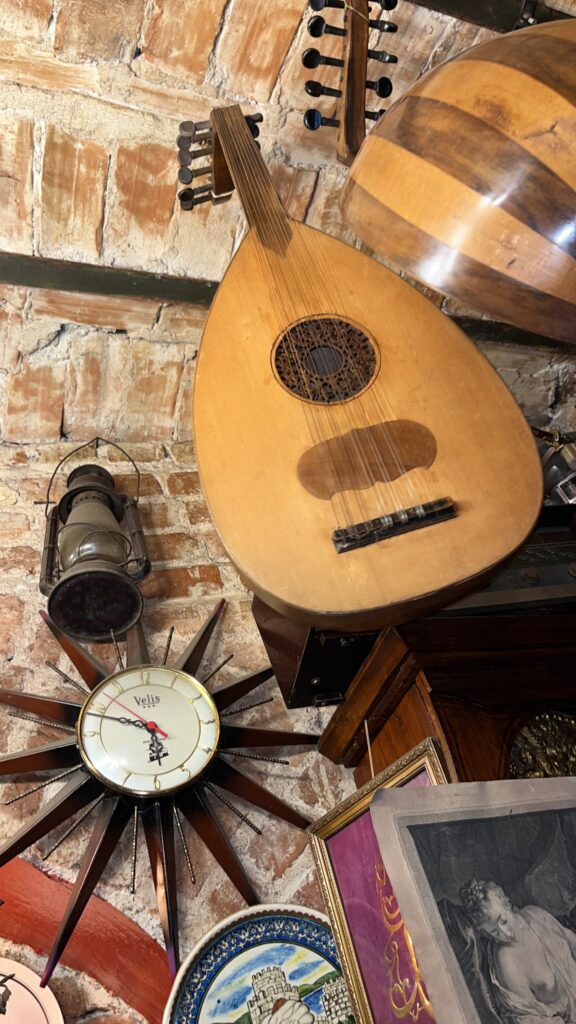
But what – beyond reaction — did the Congress actually set in motion across the region? What aspects of its legacy remain unrecognised, and why? What futures – intellectual, institutional and cultural – does it still have?
This interdisciplinary project explores the past of the Congress as well as its ongoing reverberations on musical practice today. Through historical, ethnographic, curatorial, and performance-based research, including a Residency series with artists working across the fields of sound art, experimental and electroacoustic music, we will reflect on the sonic and cultural legacy of the 1932 Cairo Congress. In doing so, the project aims to reposition music in both humanistic and social scientific understandings of postcolonial modernity in the MENA (Middle East and North Africa/n) region.
